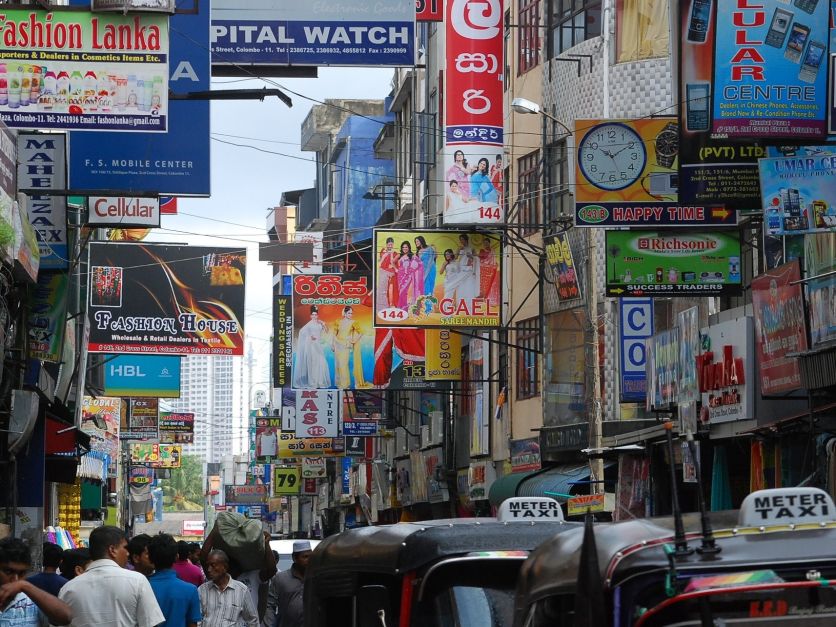India, an international ag trading powerhouse that often comes into friction with the U.S. over tariff and nontariff barriers, is the only Indo-Pacific Economic Framework country out of 14 that is not participating in the pact’s trade pillar after a major summit held in Los Angeles this week, according to government officials.
U.S. Trade Representative Katherine Tai said Thursday that while India is not now part of the trade pillar, that could change in the near future. She stressed she will continue to engage with India, and the two countries will hold bilateral trade discussion before the end of the year.
“India is not now in the trade pillar,” Tai said with an emphasis on the word “now.”
IPEF member nations are the U.S., Australia, Brunei, India, Indonesia, Japan, South Korea, Malaysia, New Zealand, Philippines, Singapore, Thailand, Fiji and Vietnam.
India is coming under fire this week for its efforts to block exports of its rice out of concerns over domestic supplies.
“This move by India is not surprising at all,” said Bobby Hanks, head of USA Rice Federation’s International Trade Policy Committee. “When you over-subsidize your farmers to the degree India has and you try to take risk out of the production process, you lose the natural resiliency that market-based economies have, and it’s difficult for your supply and demand to balance out when there’s weather and market disruptions.”
India was similarly criticized when it banned wheat exports earlier this year as supply concerns rose on the impact of Ukraine’s inability to ship out of its Black Sea ports.
The agriculture section of the newly released trade pillar goals in IPEF stresses that the countries will “avoid unjustified prohibitions or restrictions on food and agricultural exports.”
The U.S. tried and failed during the Trump administration to reach a free trade agreement with India, which maintains a wide range of tariff and nontariff barriers on U.S. farm commodities such as tree nuts, apples, dairy, rice, ethanol, distiller’s grains, poultry and pulses.
Former President Donald Trump called India “the king of tariffs.”
“Demand for tree nuts continues to grow in India, and high tariffs mean that the pecan industry is not able to participate in this booming market,” the senators said.
Interested in more coverage and insights? Receive a free month of Agri-Pulse!
But the U.S. has also butted heads with India over the country’s problematic approach to approving genetically modified organisms. India still has not approved biotech corn used to make fuel ethanol and distiller's grains.
The agricultural section of the trade pillar does not use the words “biotech” or “genetically modified,” but does call for “the use of appropriate technologies” in agriculture and demands countries “avoid unjustified measures that restrict food and agricultural imports” as well as “avoid unjustified prohibitions or restrictions on food and agricultural exports.”
Tai did not directly answer repeated questions about why India is not part of the trade pillar, but instead noted the difficulty in aligning so many nations and stressed her desire to “focus on the energy and momentum” coming out of the IPEF ministerial this week.
For more news, go to www.Agri-Pulse.com


